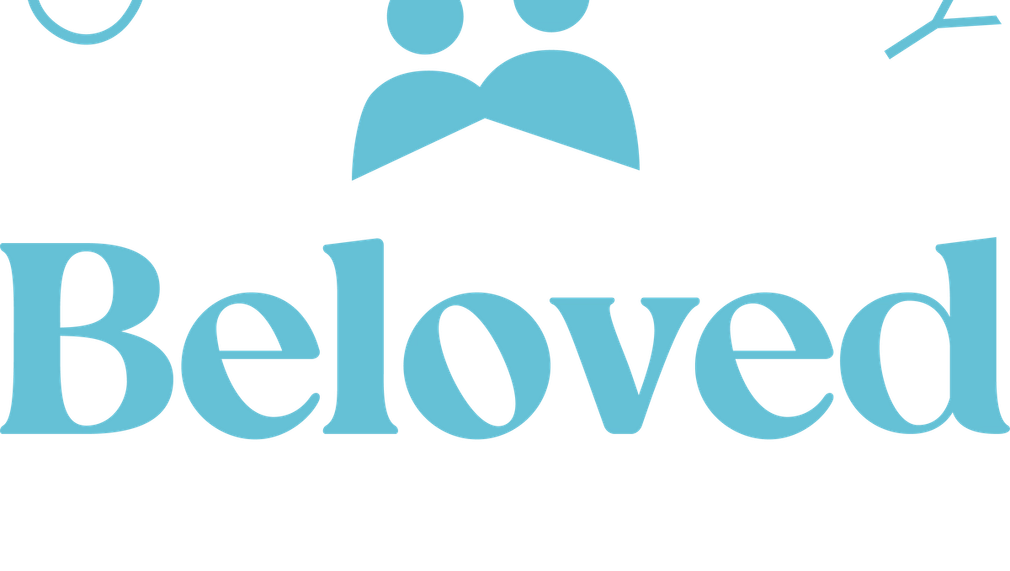Community-Based Housing Innovations for Systems-Involved Youth
Beloved is a continuum of care model aimed at providing systems-impacted girls, trans youth, & families with alternatives to incarceration & congregate care via community-based housing innovations & 3 years of guaranteed income to foster economic mobility. Beloved intends to provide a proof point for reinvesting funds spent on youth criminalization & incarceration into economic inclusion, culturally relevant housing, & holistic support towards the pursuit & achievement of their self-determined goals.

What is the primary issue area that your application will impact?
Housing and Homelessness
In which areas of Los Angeles will you be directly working?
County of Los Angeles
In what stage of innovation is this project, program, or initiative?
Pilot or new project, program, or initiative
What is your understanding of the issue that you are seeking to address?
LA claims the nation's largest population of foster, homeless, & systems-impacted youth. While LA County voted to close juvenile facilities in 2021, the number of incarcerated youth has only increased. Poverty & race are predictors of system involvement, & interaction with one system increases the likelihood of involvement in another: 25% of homeless youth experiencing foster care & 59% navigating the justice system. These statistics show that housing instability & economic precarity form a direct pipeline into legal & child welfare systems which disproportionately impact families of color. Historical solutions have largely ignored the critical roles of economic inclusion & community-led efforts, relying instead on detention & congregate care - responses that increase intergenerational disparities, decrease chances of family reunification & economic mobility, & perpetuate the criminalization of youth & communities of color.
Describe the project, program, or initiative this grant will support to address the issue.
Beloved Community Housing addresses these inequities through a continuum of care that offers a shift from carceral & welfare systems to a holistic, community-driven approach. Beloved partners with systems-impacted girls, trans youth & caregivers to provide safe, stable housing options through expanded kinship & community-care networks while ensuring families are economically resourced through the provision of guaranteed income. We work with licensing agencies to recruit & approve certified community homes that function as formal foster homes hosted by individuals from the community who share identities & experiences with the youth and who receive extensive, ongoing support & training from Beloved. The goal is to resource communities to make self-determined choices about their own lives, to foster economic independence, & to support alternatives to incarceration that are grounded in real housing options & family reunification. Individuals with lived experience are hired as Self-Determination Advocates who work closely with young people & families to build relationships, develop individualized plans, support systems navigation, provide legal advocacy, coordinate housing placement, & access necessary resources & interventions. All Beloved participants are supported for 3 years with restorative justice facilitation, family/relationship support, & annual funding of up to $65,000 per family (compared to $400K per year to house 1 young person in juvenile detention).
Describe how Los Angeles County will be different if your work is successful.
If Beloved Housing is successful, it will serve as a proof point for a housing-first, community-based alternative to incarceration & congregate care that can be replicated across the county, the state, & the US. LA will become the model for ending youth incarceration, eradicating youth homelessness, expanding community-care networks, prioritizing the self-determination of marginalized communities, & fostering economic independence through universal basic income for systems-impacted families. The short-term goals that will lead to this larger vision include: 1) the launch of our 3-year pilot to serve at least 50 young women, trans youth, & their caregivers in LA, 2) strong partnership with our fiscal sponsor YWFC & sibling organization Sister Warriors to advocate for LA County's fulfillment of its commitment to close detention facilities & divert young people into community -based housing, & 3) documentation & evaluation of the process & outcomes towards evolving & scaling the model.
What evidence do you have that this project, program, or initiative is or will be successful, and how will you define and measure success?
Beloved builds on 30 years of experience from its fiscal sponsor, Young Women's Freedom Center (YWFC), a Bay Area organization built & led by system-impacted girls, women, & trans youth. During the pandemic, YWFC diverted 50 system-impacted youth experiencing housing & economic crises from state-run residential facilities to community-led housing. This program's success has heavily informed Beloved's design. We also rely on YWFC's Research Institute & its long-standing partnership with New York University (NYU) for data collection & evaluation. Previously collected data is already being analyzed by NYU to establish a baseline & to craft feasible, ambitious goals that will demonstrate program success which will be measured by a decrease in the number of systems-involved & homeless youth in LA, an increase in economic mobility & stability of participants compared to the control group, improved well-being of participants & caregivers, & policy change driven by program outcomes.
Approximately how many people will be impacted by this project, program, or initiative?
Direct Impact: 100
Indirect Impact: 500